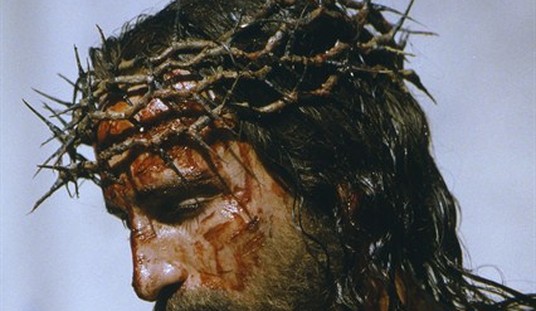What’s the “Law and Order” effect? It’s people believing that “Law and Order” is real. Judges don’t impanel a jury a week after a body is cold. Lawyers don’t stand inches from a witness box with their backs to a jury.
Evidence takes months to marshal and prepare for trial. A trial lawyer needs to rehearse his presentation, not just opening statements and closing arguments, but how one will examine a witness, how and when to use exhibits, and most importantly what questions to ask a witness.
I haven’t watched much of the Kyle Rittenhouse murder trial, but I’ve seen the prosecutor before. I don’t mean I’ve seen this prosecutor; I mean I’ve seen this guy to the right or left of me at trial.
Assistant District Attorney Thomas Binger’s opening statement sounded more like a closing argument and I think, could be turned on its head by the defense. Binger claimed that Rittenhouse wasn’t pursued by Rosenbaum — rather, Rittenhouse was the pursuer. That’s a significant claim. In an opening statement, you’re supposed to address what the evidence will show. If Rittenhouse was the pursuer that would justify filing murder charges. But, he wasn’t a pursuer. None of the video supports that – in fact, just the opposite.
Secondly, he used a line that I think was pretty effective rhetoric, if there isn’t a way to turn it around. He said Kyle Rittenhouse acted like a moth “to a flame” and was “drawn to the chaos” in Kenosha last year when he needlessly gunned down two people.”
If I were at the defense table, I would have highlighted that line. At closing, I’d turn it against the prosecution. The two men Rittenhouse killed were definitely drawn to a fire in the most literal sense. Kenosha burned, and Huber and Rosenbaum were drawn to a burning city. So, too, were they drawn to Kyle Rittenhouse. Rittenhouse fled, and they pursued him, not like a bug to a flame, but like a predator to prey. They were intent on murder. They wanted to kill Kyle Rittenhouse.
Binger called two witnesses who were not friendly to his side.
I watched the testimony of journalist Richie McGinniss. McGinnis had filmed the confrontation. He had spoken with and interviewed Rittenhouse before matters escalated. McGinnis saw Rosenbaum attempt to grab Rittenhouse’s AR-15.
But it was in Binger’s follow-up question, I think, where Binger was thinking he’s on “Law and Order.” He asked, You really don’t “know” what Rosenbaum was “thinking,” do you?
Oops.
McGinniss paused and calmly said:
“Well, he said ‘f— you’ and then he reached for the weapon.”
Oops.
Never ask a question you don’t know the answer to, and don’t ask it so there is an opening to add something. He should not have asked that question, but If Binger wasn’t playing to a camera, he could have prefaced with: “Yes or No, sir…”.
Here, Binger was a bug drawn to a fire. The fire was the camera. Binger thought his witness would just say “No,” and Binger could turn to the camera and the jury, and parade back the prosecutor’s table. But real trials aren’t TV. The script isn’t always followed.
The prosecutor asked his own witness, a witness who clearly wasn’t going to follow a Perry Mason script, a question that could have been answered with a “No.” But that witness added some color to it. The cat, as they say, was out of the bag.
Trials are supposed to turn on facts, evidence, and the law. But — some inside baseball — that’s not always the case. Rittenhouse seems to have a solid argument for self-defense, but this is televised and the prosecutor is acting for the cameras. A jury in politically charged times might find Rittenhouse not guilty on the facts; sometimes you can’t tell what motivates a jury.
You just never know what the jury will do. Once, I was at the defense table when we broke trial early. Our judge had to leave for a doctor’s appointment. One of my colleagues playfully asked the plaintiff’s lawyer if he going to call for a tee time (golf). The lawyer turned to us and said calling ahead was “for the unwashed masses.”
We didn’t know if he was kidding. It didn’t matter. The problem was the jury had yet to completely exit. We knew then that he had just burned any chance of winning.
Never say anything in front of the jury, or ask a question of a witness, that you don’t want them to consider in the jury room. I think it’s possible Binger blew his case yesterday by breaking that rule.













Join the conversation as a VIP Member